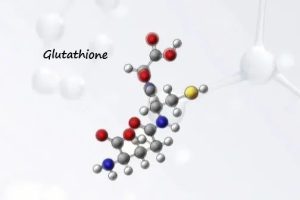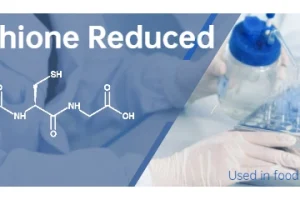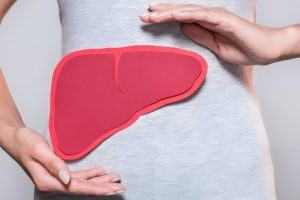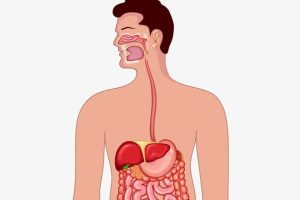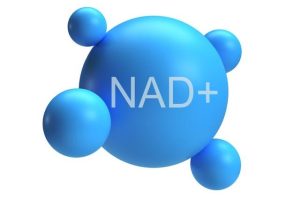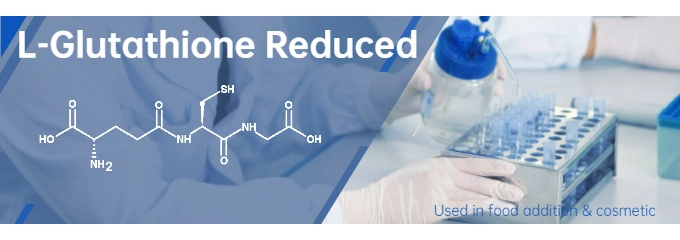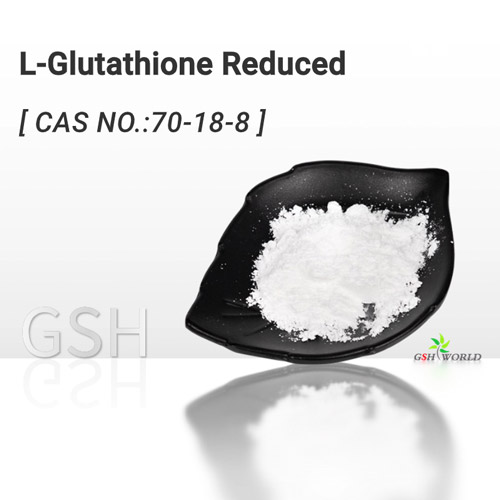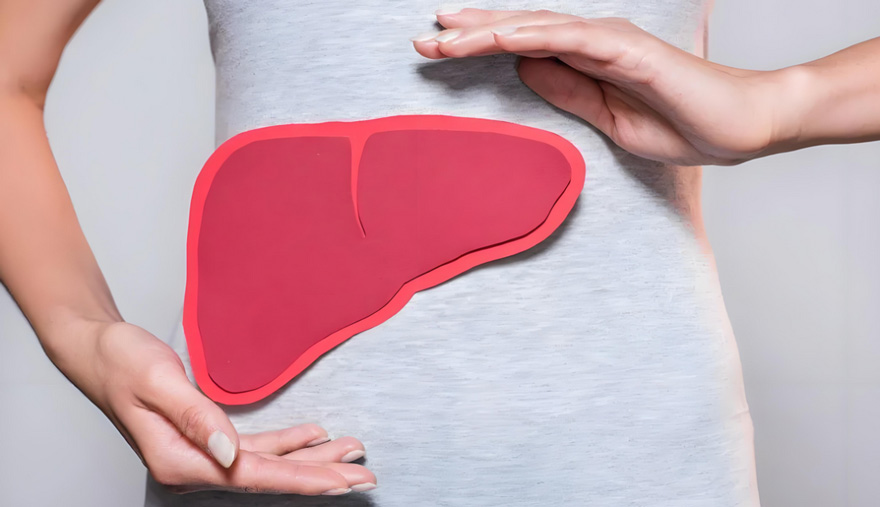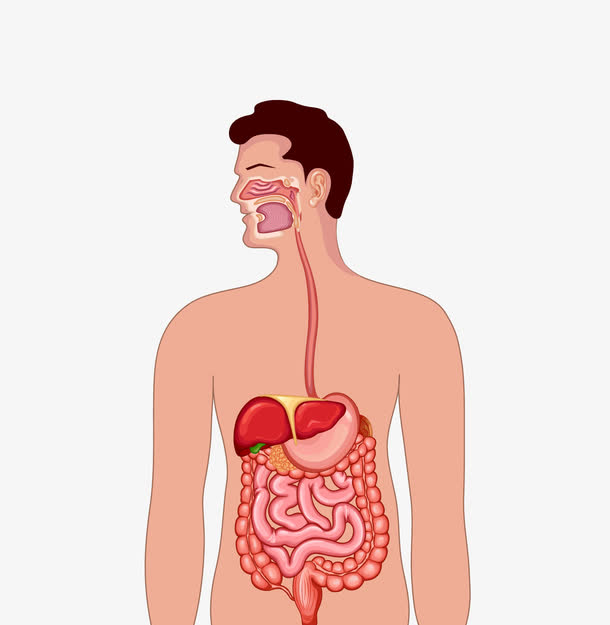Glutathione, one of the most common substances in the human body, is found in almost every cell in the body.
In addition, GSH, as a small molecule active peptide in human cells, has the function of maintaining the normal function of the immune system, antioxidant and detoxification.
Glutathione content in the human body
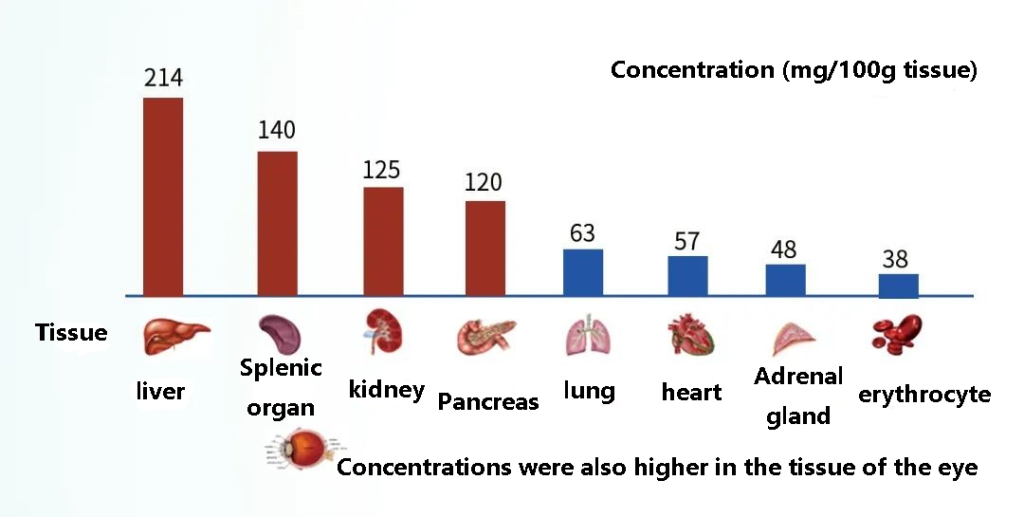
Glutathione efficacy
The latest research shows that GSH has wonders in whitening skin care and anti-aging.
Because glutathione can protect skin cells to a certain extent, so as to prevent skin aging and pigmentation, reduce the formation of melanin, improve skin antioxidant capacity and make skin shine, in addition, GSH in the treatment of corneal disease and improve sexual function also has a good role.
In addition, GSH acts as a natural antioxidant and has the ability to scavenge free radicals from the body.
So what is a free radical?
Free radicals are the “big pests” in our body, which can bring great harm to our body.
Under normal circumstances, our bodies can dispose of these free radicals.
However, with the deterioration of our living environment and incorrect living habits, our bodies have been overwhelmed and cannot deal with free radicals as usual.
Therefore, exogenous glutathione supplementation is necessary. At the same time, GSH can effectively enhance the ability of cells to prevent radiation, treat the leukopenia caused by radiation drugs or radiation and bone marrow tissue inflammation, which is an essential substance for the human body to resist radiation.
Under normal circumstances, GSH in mammalian cells mainly exists in a reduced state, the concentration is usually 0.5-10mmol, accounting for more than 85%-90% of the total GSH content, which can remove and detoxify the active intermediate products spontaneously produced by cells or caused by external toxic factors, and has the effect of protecting cells.
When the body is exposed to radiation, reactive oxygen species and free radicals with oxidation can be produced. The intracellular GSH antioxidant system can effectively remove reactive oxygen species and free radicals caused by radiation and reduce the damage of radiation on cells.
On this basis, GSH has the effect of inhibiting cell gene variation and improving the immune system. High concentration of GSH can activate the activity of immune cells, accelerate the differentiation and multiplication of T cells and B cells, and improve the ability to resist the invasion of foreign pathogenic substances such as bacteria, viruses and parasites.
Pharmacological effects of glutathione
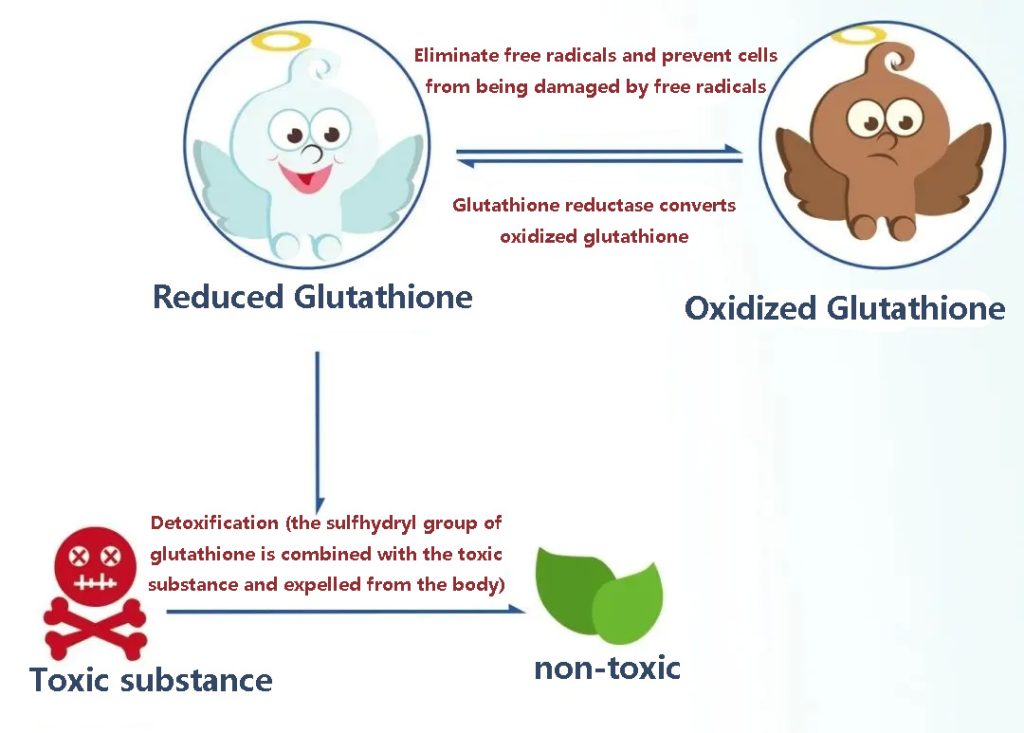
Exogenous glutathione supplementation is necessary
A healthy and well-nourished person is able to continuously remove toxins.
Due to the increase in environmental pollution, the depletion of GSH stores in the human body is increasing rapidly.
The liver is the body’s detoxification organ and is high in glutathione. Studies have shown that decreased levels of glutathione can cause damage to liver function, resulting in more and more toxins remaining in the body, which can cause damage to cells and organs.
Unfortunately, with age, disease, and even exercise, intracellular glutathione levels decline, and all cells in the body must produce GSH themselves, thus requiring constant replenishment of the raw material for glutathione synthesis.
The concentration of glutathione in human cells is less than 40%, the cell activity is reduced, the immune function is suppressed, and the risk of disease is increased.
Oral glutathione supplementation can improve the body’s ability to clear free radicals, repair cells damaged by free radicals, activate cell activity to enhance immunity, and play an important role in reducing the occurrence of fatty liver, viral hepatitis, and drug-induced hepatitis.
[References]
- Zhang Yi, Ye Sheng. Physiological function and clinical application of reduced glutathione [J]. Chemistry of Life.202040(12):2226-2235. (in Chinese)
- Lu D H. Pharmacological action of glutathione and new progress in research [A]. Guide to Chinese Medicine, 2013,11(29):40-41. (in Chinese)
- Li Zhongdong, Guo Tao, Wei Qiping. Health “firewall” — glutathione [JJ]. Family Medicine. 2008,000 (004) : 12-15.
- Wu Wutong. Biochemistry: China Medical Science and Technology Press, 2015:27
- Lei Zhang, Lu Hongda, Lu Chi et al. Effect of reduced glutathione on inflammation in rats with acute radiation lung injury [J]. Chinese Journal of Hospital Pharmacy,2014,34(17)
- Sun Huabin, Yu Xiuxin, ZHAO Yong. Theoretical model and application of ecological network system of free radicals and antioxidants [J]. Chinese Journal of Radiation Health,2013,22(05):513-517. (in Chinese)
- Wang Y. Effects of reduced glutathione on ICAM-1 expression and liver protection in rats exposed to HPM radiation [D]. Third Military Medical University,2006.
- Zhang Chunsheng, Peng Shanzhuo. Role of antioxidant substances in radiation protection [J]. Chinese Journal of Industrial Medicine,2003,(04):222-224. (in Chinese)


